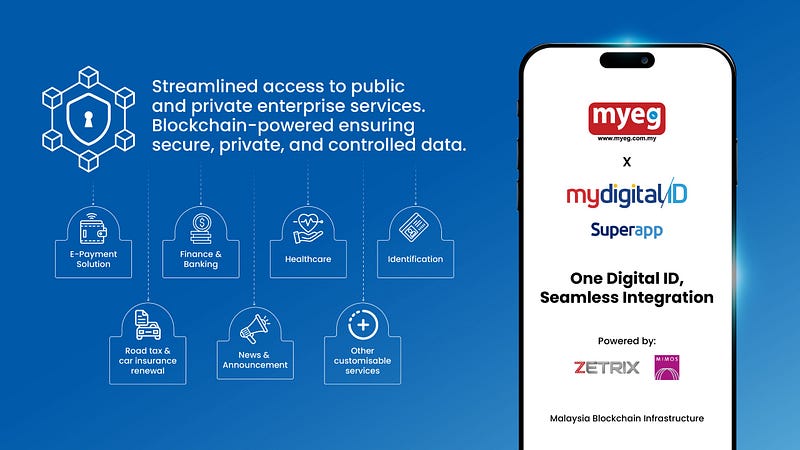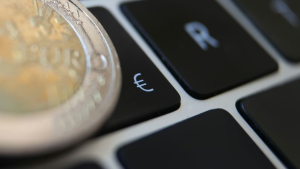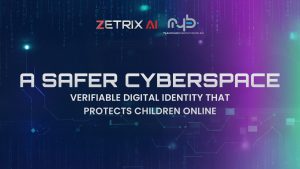The Future Is Self-Sovereign: Why Digital Identity and Wallets Need Blockchain

The Future Is Self-Sovereign: Why Digital Identity and Wallets Need Blockchain
The Future Is Self-Sovereign: Why Digital Identity and Wallets Need Blockchain
In today’s digital world filled with QR codes, logins, and online transactions, having control over your identity and money is no longer a luxury. It’s a necessity.
This is where blockchain comes in. It gives us the tools to manage our identity and digital wallets securely and privately, without depending on any central authority.
What Is Self-Sovereign Identity?
Imagine having a digital passport that you control. It isn’t issued or stored by a company or government, but belongs to you. This concept is known as Self-Sovereign Identity (SSI).
With SSI, your personal information is stored securely and only shared when you choose. Each piece of data is verified using secure digital proof and recorded on a blockchain, making it nearly impossible to fake or alter.
This helps protect against identity theft, which has been rising in recent years. According to the World Economic Forum, identity fraud cases have increased by 33 percent since 2020.
Why Blockchain Matters
Traditional databases put one party, like a company or agency, in charge of verifying and storing your data. That increases the risk of leaks, errors, or misuse.
Blockchain works differently. Every record is stored across a network and cannot be changed unless the network agrees. This shared, tamper-resistant system builds trust because the system itself is reliable, not just the people using it.
That’s why 89 percent of enterprises in Deloitte’s recent survey said blockchain helps improve data integrity.
A New Standard: Where Identity Meets Wallet
Across Asia and beyond, there is growing momentum toward digital systems where your identity and wallet work together, giving you more control and convenience.
Key benefits include:
• Easy access — Use your verified ID to log in to services without needing multiple accounts
• Full control — Your private keys, which manage your identity and funds, stay on your device
• Privacy built in — Your data isn’t stored centrally. Verification happens directly between you and the service provider
• Real-time verification — Digital identities can be confirmed instantly on the blockchain without third-party checks
• Stronger security — Every transaction is linked to a verified identity and recorded securely, reducing the risk of fraud
This is especially important as online scams continue to grow. In 2023, Asia lost over USD 37 billion to fraud, much of it involving fake identities. Secure digital IDs linked to wallets help protect against these threats.
Cross-Border Identity Verification
Digital identity shouldn’t stop at the border. With cross-border fraud in ASEAN increasing by 62 percent between 2022 and 2024, the need for regional solutions is clear.
New blockchain-based systems now allow countries to recognise and verify each other’s digital IDs. These systems maintain privacy while meeting local regulations.
For individuals, this means easier access to services like payments, e-commerce, and official documentation across different countries. For businesses and governments, it provides a reliable way to confirm identities without adding friction for users.
The Bottom Line
Self-Sovereign Identity gives people control over their digital credentials and strengthens security across borders. Blockchain is what makes it possible — building trust through transparency and real-time verification.
Zetrix supports this vision by providing the foundation for secure and interoperable digital identity in Malaysia and across ASEAN.





